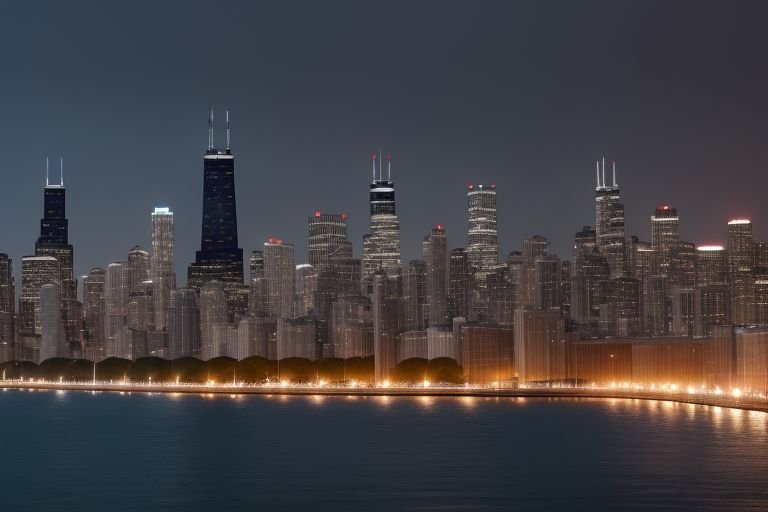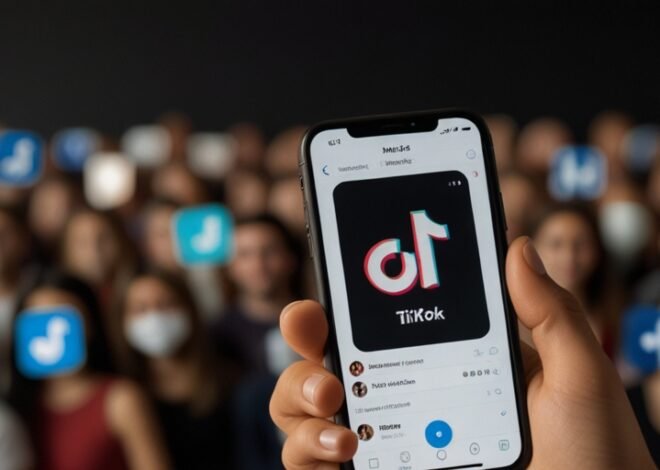
Judge Dismisses Defamation Case In Chicago Social Media Battle
Crisis of political speech in the social media age: Chicago Alderman sued for defamation by political rival dismissed by judge. The case, which was based on the allegation made through social media, has prompted interest in politics and legal rights in the world of social media.
The verdict was delivered by Judge Jerry A. Esrig on Thursday who stated that the statements made by Sigcho-Lopez’s opponent, Flores, did not warrant libel. The allegations arose out of Facebook posts where Flores accused Sigcho-Lopez of not spending all the $1.5 million in funds that members of the City Council are able to allocate for community projects.
The termination of the case has repercussions in the political system of Chicago; therefore, its effect on the future of political conversations on social networks has been widely discussed by experts. The ruling means it is now easier for politicians to sue critical media outlets and get redress and places an unbendable dividing line between freedom of speech, especially in matters political, and defamation, which the ruling seeks to prosecute, a line that has been blurred in the era of social media campaign where anyone can assume the position of a journalist and post whatever they deem fit in the social media platforms.
In his motion to quash the subpoena, Alderman Sigcho-Lopez of the 25th Ward had said that Flores gave false information that hurt his image. Marina, Flores, and the 10th Ward Tax Transparency Committee sued Flores for what Sigcho-Lopez described as intentionally providing false information about his record and expunging funds from the Alderman’s office. Still, Judge Esrig’s ruling implies that reports shared during the political campaign, in this case, are protected under the Constitution.
The case has shown how communicative openness on the side of the public personalities produces vulnerability to negative social media influence on public opinion. It also poses important questions concerning the duty of Mexican politicians as regards the veracity of information being teased and then possibly disseminated to thousands, if not millions.
Chicago lawyers have keenly followed the event largely because the case will shape future related cases. critics insist that the dismissal may create alisiative environment that make political candidate be more aggressive in their social media strategies while others believe that it underscore the significance ofcommen and lare public discourse i democratic processes.
The decision is made at a time when the City of Chicago has been relying more on social media platforms to reach its citizens. Currently, the municipal government controls more than 100 official SMM profiles on various departments since they use social networks as tools for sharing information and communication. This case should be a cautionary tale and an indication of the legal concerns involved in the (constant use of social media in governance.
According to Alderman Sigcho-Lopez, the dismissal was a major blow to his defense and a fight against what he believed were politically motivated smears against him. His team has not yet said if they are planning to appeal the decision or seek other legal remedies.
On the other side, Flores and his supporters are likely to see the ruling in this case as the victory of their right to offend and criticized public officials and the way they spend the taxpayers’ money. The decision may lead other political challengers to employ social media even more vigorously in future elections because they know that the standard for proving defamation in political matters is exceedingly high.
It has also raised questions about the guidelines for the use of social media among politicians and those seeking such positions in Chicago among the aldermen. Some have proposed that the City Council approve guidelines for the use of social media accounts, while such moves are already likely to draw debate on First Amendment rights.
As Chicago faces a number of problems such as budget problems and the problems of public safety, the case illustrated the impact of social media in political processes and information flows. It also raises questions about the kind of protection citizens possess against libelous and defamatory comments by fellow citizens that are within their democratic right to make.
The dismissal of this high-profile lawsuit is bound to be felt elsewhere as other cities discourage politicians from expressing themselves on issues of contentious nature, especially on social media platforms. Kramer and Damon noted that as more and more citizens turn to digital media for engagement in politics and to get and share political information, more such cases may provide effective precedents that define new and negotiable rules of legal and ethical interaction.
For now, Chicago’s political elite will be waiting to see how this decision influences the temper and nature of social media in future elections and beyond. That brings the curtain down on this legal tussle, but it is apparent that the MW, along with other elected officials in the Windy City, has not seen the end of an arduous year in engaging political speech on the digital front.


